What is Transcranial Magnetic Stimulation Therapy (TMS)?
Apogee Behavioral Medicine offers transcranial magnetic stimulation therapy (TMS) as part of our suite of state-of-the-art mental health treatments. Transcranial magnetic stimulation therapy is a breakthrough technology that treats mental health conditions that do not respond to conventional psychiatric treatments, such as medication or talk therapy. TMS is a safe, painless, and noninvasive outpatient treatment that stimulates healthy brain activity and reduces the long-term symptoms of many mental health disorders.
Transcranial Magnetic Stimulation is a safe outpatient treatment that uses repetitive magnetic pulses to stimulate neural activity in specific parts of the brain adversely affected by mental health problems such as major depression or obsessive-compulsive disorder (OCD). All TMS treatments begin with a comprehensive psychiatric evaluation by a certified TMS psychiatrist. If an individual is a candidate for this therapy, an initial brain mapping is done to determine the specific part of the brain to be targeted by the therapy.
TMS sessions are short, painless treatments that are done on a completely outpatient basis, without the need for inpatient hospitalization. During a session, patients receive a series of rapid magnetic pulses that penetrate into the brain. These magnetic pulses stimulate activity in the neural axons, improving brain functions such as mood control, and helping the brain to return to a normal, healthy level of functionality.
What Does TMS Treat?
Major Depressive Disorder
Obsessive Compulsive Disorder
Tobacco Use Disorder
Same-day Appointments
No more waiting! Immediate access to the behavioral healthcare you need.


Find a TMS Therapy Provider
Find an ABM provider near you and schedule an appointment today!
Insurances Accepted


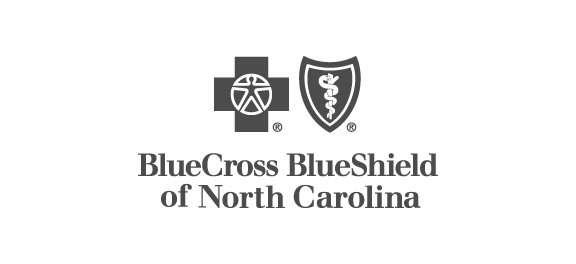
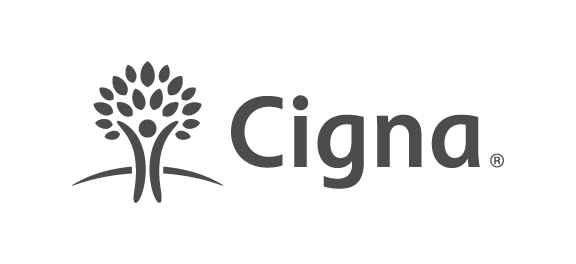




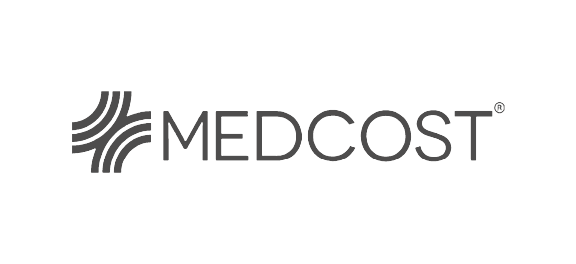

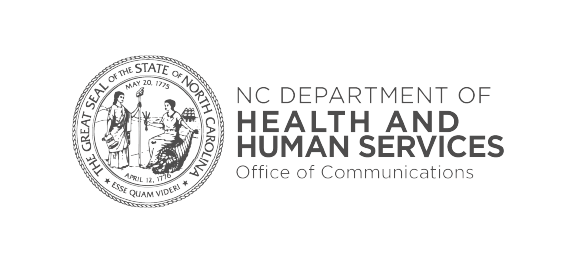

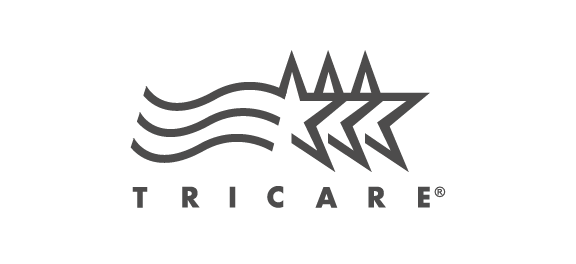



Call us at (855) 409-9002 to see if you are covered.
Insurance plans may vary by state and are subject to change.
What Our Patients Say
My experience with Apogee Behavioral Medicine has been amazing! The providers and office staff are so friendly and helpful and demonstrate a true sense of care. I appreciate that every time I call there is always a kind person on the other end of the phone. From scheduling, to my actual appointment with Dr. Ayers, they have made the entire process as straightforward and easy as possible. I prefer to be seen in-person, but travel for work so it’s comforting to know I have the option to book a virtual appointment, if needed. I’m so grateful for the compassion they have shown me and look forward to their guidance as I learn to manage my anxiety. I feel like I’ve finally found the support system I’ve been searching for.
I reached out to several psychiatry groups, some of which never even returned my call. Not only was I able to speak with an actual person, but she scheduled me for an appointment right away. Their office has a very calming feel and I was greeted with a smile and felt safe and welcomed at my appointment. I highly recommend Apogee Behavioral Medicine. They’re truly a wonderful group and their sincerity for patients dealing with mental health is at the forefront of this practice.
It was very easy to talk to the professionals there. They listened to everything I said and were very encouraging and supportive. I highly recommend Apogee Behavioral Medicine to anyone.
FAQs for TMS Therapy
TMS electrically stimulates neurons in the brain using magnetic pulses. These magnetic pulses stimulate activity in the neural axons, improving brain functions such as mood control, and help the brain to return to a normal, healthy level of functionality.
TMS, when utilized for major depressive disorder has a good chance to work for you. Results in our clinic have shown that about 75% of our patients have had a response (a response is a reduction in symptoms of at least 50%) to TMS and about 50% have gone into full remission of their depressive symptoms.
Yes. TMS was cleared by the FDA in 2008 and is only contraindicated in patients with implanted metallic devices or non-removable metallic objects in or around the head (except for standard amalgam dental fillings).
TMS treatment is beneficial for those suffering from treatment-resistant depression.
You may qualify for TMS if you:
Have Been diagnosed with Major Depressive Disorder, Obsessive-compulsive disorder, or Nicotine dependence.
You have tried at least two antidepressants without success. Received evidence-based therapy within the last 5 years.
Antidepressants work for some individuals. About 30% of the depressed population are resistant to antidepressant medications and others cannot tolerate the side effects of medication. This is where TMS becomes an option for you
Side effects from TMS are not very common. However, when they do occur, you may experience, headaches, scalp discomfort at the treatment site, or lightheadedness. If these side effects occur, the level of stimulation is often adjusted to reduce the symptoms.
You will be seated comfortably in our private treatment room. A TMS device will be positioned onto your head and you will begin to feel a tapping sensation every few seconds. You may watch TV, read, or use your phone during treatment. A TMS technician will remain in the room to ensure your comfort and care. After the 20-minute session, you will be able to resume daily activities without limitations.
A treatment session takes approximately 20 minutes a day, 5 days a week for 36 total treatment sessions or about 6-8 weeks.







